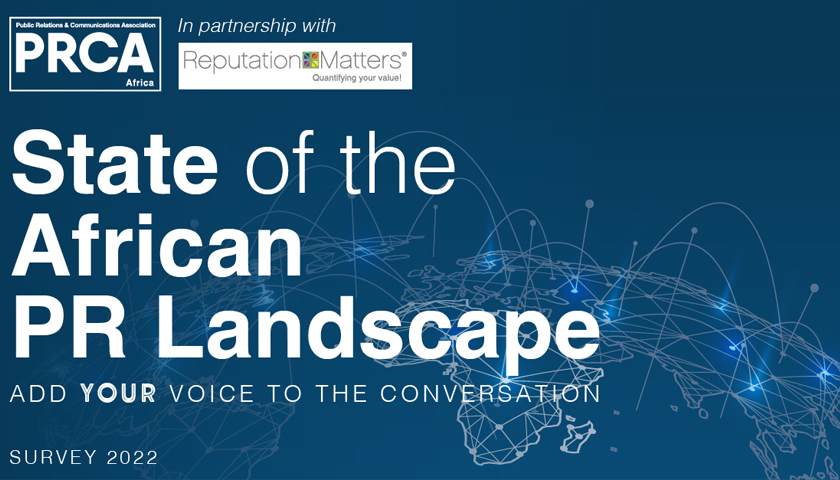New research from PRCA Africa reveals both the strengths and challenges of internship programmes within South Africa’s public relations (PR) industry, based on insights from agency leaders and current interns. The findings highlight successful components of PR internships and areas requiring strategic improvements to ensure these programmes benefit both interns and agencies.
According to the report, 92% of interns rated their internships as valuable for developing essential PR skills, with practical experience in media relations, client communications and event management standing out.
Agencies also acknowledge the importance of these programmes, with 95% offering internships designed to develop future PR professionals. Of these, 72% have structured training and mentorship initiatives that are critical for onboarding interns into agency life. Additionally, 82% of agencies provide paths to permanent roles, highlighting the industry’s commitment to new talent by offering career growth opportunities.
“Internships are an indispensable talent pipeline in PR,” says Jo Brophy, International Engagement Manager at PRCA Africa. “These findings reflect a strong commitment to internships, yet it also highlights the need for better alignment between industry demands and academic preparation.”
While the report emphasises many positive aspects, it also underscores areas for improvement:
- ● Intern experience and satisfaction: Although 82% of interns would recommend their programme to peers, they called for improved onboarding and clearer communication of learning objectives, alongside more exposure to diverse client work. A quarter noted unclear learning objectives, which impacted their ability to fully engage in their roles.
- ● Economic pressure: Intern retention and the cost of training are key challenges for agencies, with some interns leaving early due to career misalignment or unmet expectations. Agencies also face difficulties balancing the economic pressures of fully compensating interns, though 100% of interns in the survey reported they were paid.
- ● Educational gaps: Agencies highlighted a gap between academic theory and the practical demands required of PR professionals, suggesting stronger collaboration with educational institutions to align coursework with industry expectations.
The report recommends that PR agencies and universities work closely together to improve internship programmes to ensure interns get the practical experience they need for real-world PR roles. This approach will help bridge the gap between learning and the practical skills required on PR professionals and will lead to internships that prepare interns better for their careers and support their long-term growth.



